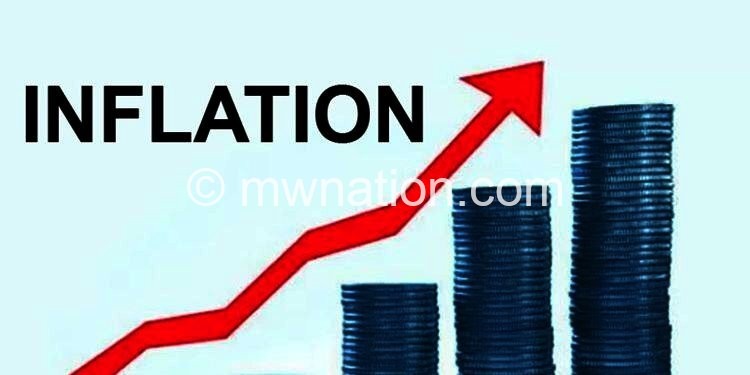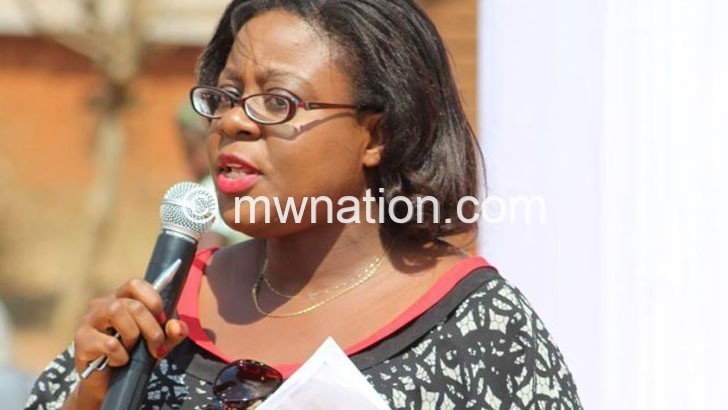Malawi’s year-on-year headline inflation rate for 11 months to November 2023 has averaged 28.2 percent, Business News calculations based on National Statistical Office (NSO) figures show.
Reserve Bank of Malawi (RBM) had projected the 2023 annual inflation rate to average 28.2 percent while Treasury expected consumer prices to average 29 percent during the year.
In January 2023, year-on-year headline inflation rate stood at 25.9 percent, but rose to 26.7 percent in February, 27 percent in March, 28.8 percent in April and 29.2 percent in May, according to NSO data.
According to the data, inflation rate decelerated to 27.3 percent in June, but rose to 28.4 percent in July and 28.6 percent in August.
The inflation rate eased again in September and October to 27.8 percent and 26.9 percent, respectively before picking up to 33.1 percent in November.
The rising November inflation rate coincided with the 44 percent kwacha devaluation on November 9, which consequently led to an increase in the average cost of living by nine percent to K433 793 for a family of six in November, according to data compiled by Centre for Social Concern.
In an interview on Saturday, economist Bond Mtembezeka observed that the prospects of attaining 2023 inflation target are slim.
He said: “At least in the short to medium-term, upside pressures on inflation will persist at least for the foreseeable future.”
On his part, Economics Association of Malawi president Betchani Tchereni said prospects are high RBM will meet its target.
“In December, we are not expecting an accelerated inflationary pressure because that already occurred in November,” he said.
Economists indicated that inflationary pressure had began to ease on account of declining global inflation, the expected food relief plan and the impact of monetary policy on the domestic market.
This resulted in easing pressures on prices of both food and non-food items.
Despite upside risks emanating from global geopolitical conflicts, El Nino weather forecasts and fiscal and exchange rate pressures, the RBM has been less pessimistic.
But following the 44 percent kwacha devaluation in November, Malawi Energy Regulatory Authority (Mera) increased fuel prices with petrol rising by 40.9 percent from K1 746 to K2 530 per litre while diesel increased by 42 percent from K1 920 to K2 734 per litre.
Mera also increased electricity tariffs by 40.92 percent from K123.26 per kilowatt hour (kWh) to K173.70 per kWh. However, the hike has been suspended for domestic users.
RBM spokesperson Mark Lungu earlier indicated that the 2023 inflation average may not be affected much by the devaluation.
He said: “Monetary policy stance will be determined at the next MPC meting [in January] and that is where new inflation projections will be discussed.”
Meanwhile, the International Monetary Fund revised Malawi’s average inflation rate for 2023 to 30.3 percent from an earlier projection of 24.8 percent, an indication that prices of goods and services will continue to rise at a faster pace than earlier estimated.
Inflation, the general rise in prices over a given period, has been on the rise for the past 12 months to August, largely due to increases in prices of food and non-food items.
The post Inflation rate averages 28.2% in 11 months—NSO appeared first on The Nation Online.
 Moni Malawi
Moni Malawi 

